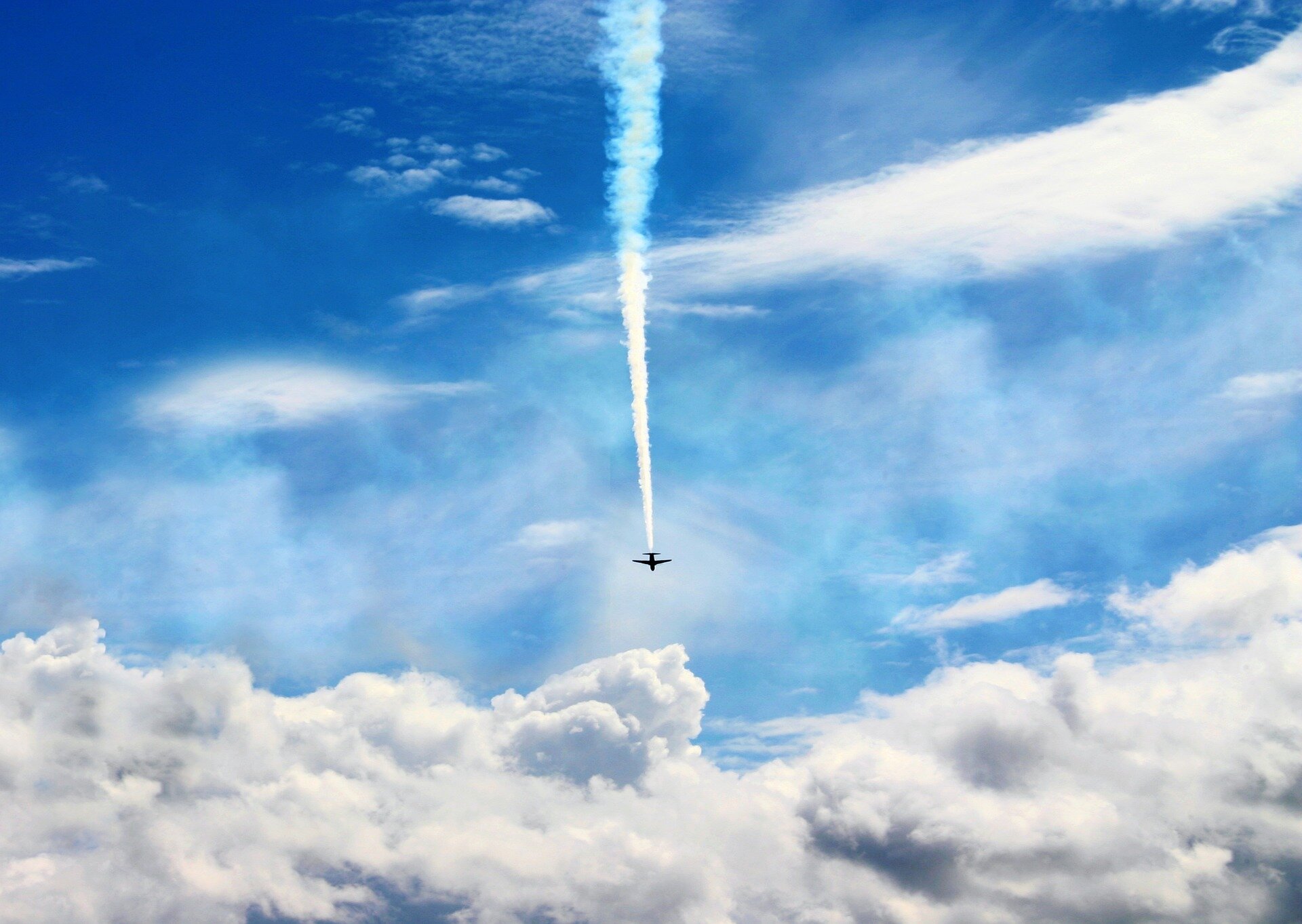Led by scientists at Imperial College London, the study highlights the immense challenges the aviation industry faces to reduce its impact on the climate. The new study also found that private jets produce more contrails than previously thought, potentially leading to outsized impacts on climate warming.
Contrails, or condensation trails, are thin streaks of cloud created by aircraft exhaust fumes that contribute to global warming by trapping heat in the atmosphere.
While the exact warming effect of contrails is uncertain, scientists believe it is greater than warming caused by carbon emissions from jet fuel.
Published in Environmental Research Letters, the study used machine learning to analyze satellite data on more than 64,000 contrails from a range of aircraft flying over the North Atlantic Ocean.



Sure the title is not the best, and what you reference is what this 2018 study says.
What I got from the article itself, which is based on a new study published today (7 August 2024), could be summed up, perhaps, by the following: